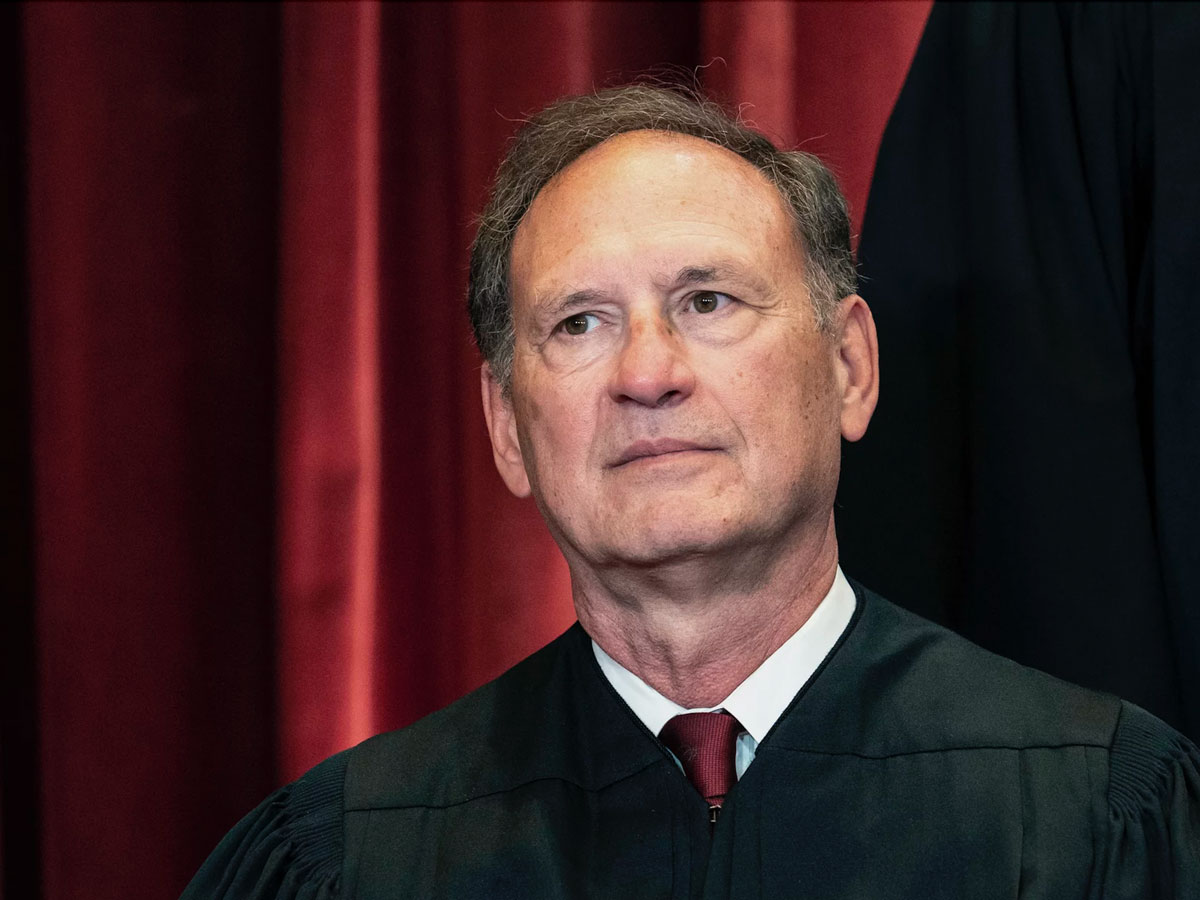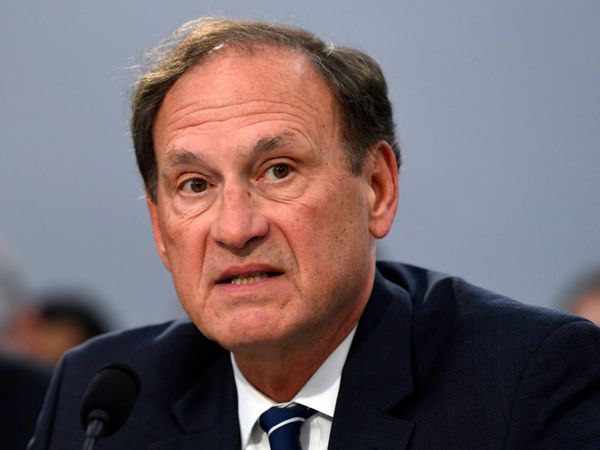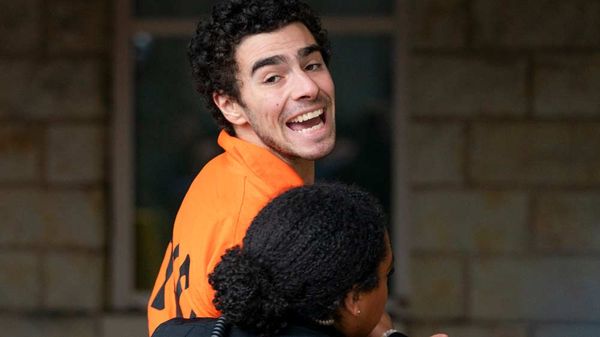
May 3, 2022
Is SCOTUS Coming for Marriage Equality Next?
Kilian Melloy READ TIME: 3 MIN.
A leaked draft of a Supreme Court ruling suggests that that abortion rights are about to vanish – and speculation is already rampant that marriage equality might be next.
The draft's author, Justice Samuel Alito, bases his argument on ideas that could easily be turned against marriage equality, Newsweek reported.
In the 98-page draft, Alito "wrote that Roe v. Wade and Planned Parenthood v. Casey 'must be overruled.'" "The Constitution makes no reference to abortion, and no such right is implicitly protected by any constitutional provision," Alito allegedly argued.
That, of course, is a matter of perspective and interpretation; the Supreme Court of 1973, which decided Roe v. Wade in favor of women's reproductive rights, clearly disagreed with Alito's conclusion. But, as the AP reported, Alito's opinion, rather than adhering to the judicial philosophy of stare decisis – that rulings should respect precedent – blasted the court's 1973 ruling, stating plainly that "Roe was egregiously wrong from the start."
That notion is all too familiar, having been promoted by Alito in the past with regards to the Court's 2015 ruling in Obergefell v. Hodges, the decision that made marriage equality available to same-sex couples in every state of the Union.
In 2020 Alito, joined by fellow conservative Justice Clarence Thomas, blasted Obergefell in much the same way his draft opinion excoriates Roe v. Wade. Thomas, writing on behalf of both himself and Alito, slammed the Court's decision not to hear a case relating to Kim Davis, the state clerk who discriminated against same-sex couples by denying them marriage licenses after the Court's 2015 Obergefell ruling, NPR reported at the time.
Thomas and Alito set marriage equality and freedom of religion against one another in a dubious zero-sum argument. "Writing for himself and Alito, Thomas said that the court's decision 'enables courts and governments to brand religious adherents who believe that marriage is between one man and one woman as bigots, making their religious liberty concerns that much easier to dismiss,'" NPR detailed.
Moreover, Thomas contended that Obergefell's finding of a Constitutional right for gay and lesbian Americans to marry their life partners amounted to the Court choosing "a novel constitutional right over the religious liberty interests explicitly protected in the First Amendment" – a false dichotomy that Thomas suggested could be remedied only by the Court reversing itself, and stripping marriage rights away from committed couples who may not share the religious views of those who oppose their unions.
Moreover, news reports noted, Alito's draft opinion asserted that abortion rights are not "deeply rooted in this Nation's history and tradition," an argument that could easily be repurposed in a decision yanking marriage equality away from American families.
As MSNBC put it, Alito's argument amounts to this:
"...abortion rights aren't referenced in the Constitution, so in order for the rights to be worthy of judicial recognition, they need deep roots in the history of the American experience. Abortion, the Republican-appointed justice concluded in his draft, falls short."
"But the right of Americans to marry whom they please also isn't in the Constitution, and also doesn't have roots in U.S. history."
In other words, it seems that the conservative-majority Supreme Court may well see the marriage rights of gay and lesbian Americans as fair game.
Kilian Melloy serves as EDGE Media Network's Associate Arts Editor and Staff Contributor. His professional memberships include the National Lesbian & Gay Journalists Association, the Boston Online Film Critics Association, The Gay and Lesbian Entertainment Critics Association, and the Boston Theater Critics Association's Elliot Norton Awards Committee.







